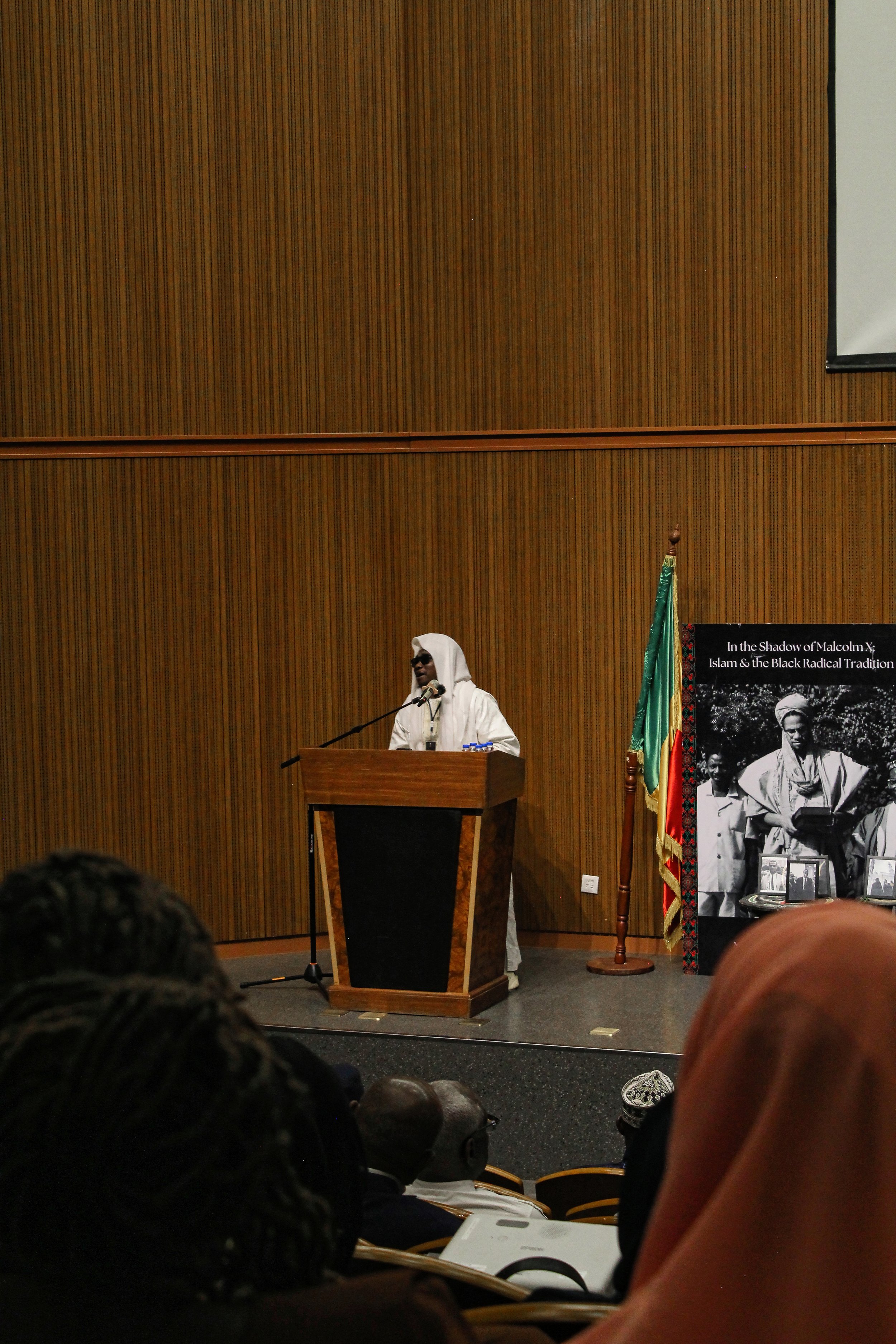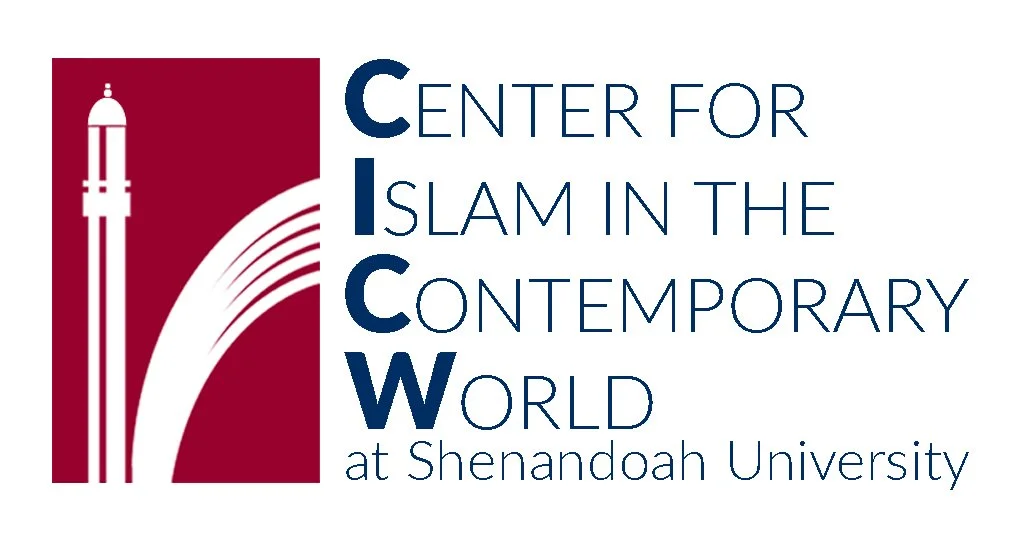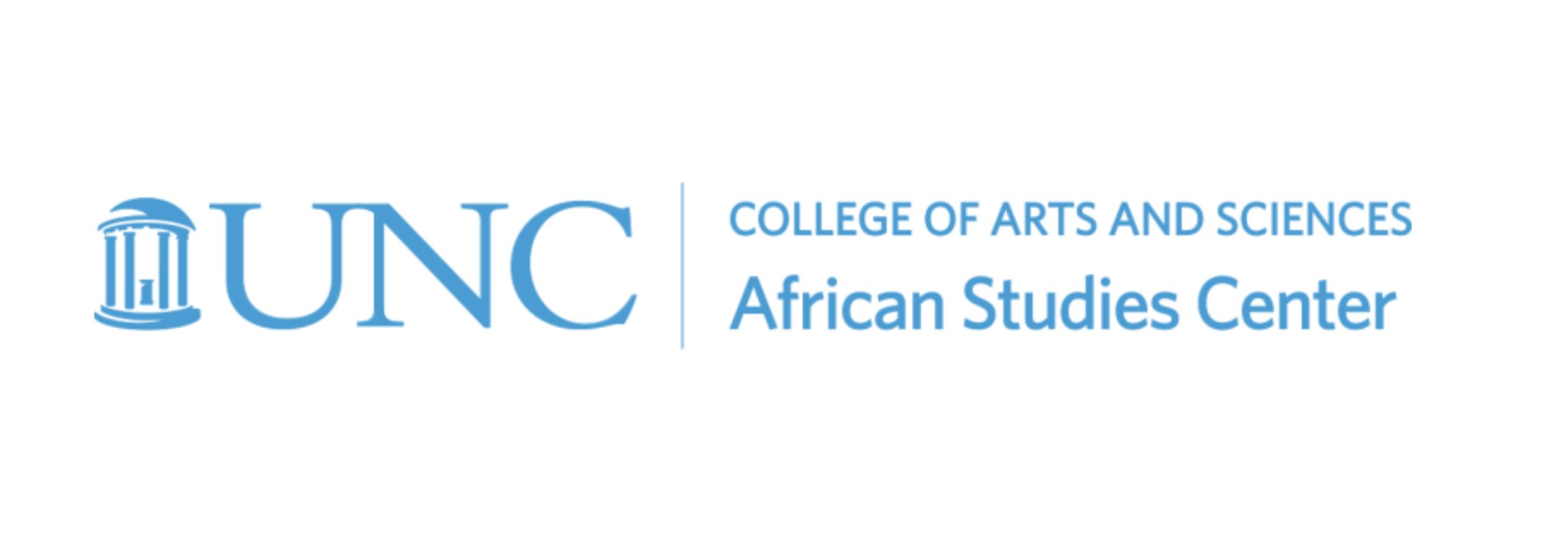
In the Shadow of Malcolm X
Islam and the Black Radical Tradition
Museum of Black Civilizations, Dakar
May 19–21, 2025
As Salaam Alaykhum Dear Friends,
We at AISSHA (the newly-emerging “Africana Islamic Social Sciences and Humanities Association”) would like to express our deep gratitude to all of the speakers, sponsors, event planners, chefs, videographers, technicians, Museum Director and Museum personnel, virtual participants, chauffeurs, and fellow admirers and students of El-Hajj Malik Shabazz (Malcolm X) that made our gathering possible. Being able to celebrate the 100th birth anniversary of Brother Malcolm in Dakar, Senegal was undoubtedly a historic event that will sit in our hearts for a long time. As those of us who were able to experience, whether in person or virtually, we understand that this was not some mere “conference”—this was an opportunity to craft “sacred space.” And that is exactly what we did. Every single person contributed to the beauty and the light that we shared.
As promised, all of the recordings and other items are now available to view online here. Rather than simply post the raw video(s), we wanted to edit where necessary and apply graphics where possible to ensure an enjoyable viewing experience. Please stay tuned for future events, publications, and other programs that we intend to share with you!
Jerejef!
AISSHA






















































































































































photos by Pharoah C. Egbuna
In official collaboration with the Museum of Black Civilizations in Dakar-Senegal, the Abu Sulayman Center for Global Islamic Studies at George Mason University, and the Black American Muslim Internationalism Project, our working group on Islam and the Black Radical Tradition curated a three-day conference that took place at the Museum in Dakar, Senegal this May.
This conference is part of a multi-year decolonial initiative that aims to center scholarship and institutions in the global South. Our decision to host this conference at the Museum of Black Civilizations in Dakar arises out of our commitment to ensuring the presence of key stakeholders from the African continent, in addition to promoting intellectual engagement outside of hegemonic Western academic spaces.
We have also prioritized the participation of community leaders whose critical perspectives will elucidate the intersections between Islam and the Black radical tradition. As frontline community activists who participated in historic Black freedom struggles, these leaders offered firsthand insights and enduring lessons for the future, as well as facilitated exchange and deeper understanding across generational and disciplinary divides.
May 19th, 2025 marked the 100th birth anniversary of Malcolm X, an organic intellectual whose life’s work has impacted countless communities across time and space. Unapologetically Black and Muslim, Malcolm X founded two organizations in the wake of his departure from the Nation of Islam in 1964: the first is the Organization of Afro-American Unity, which was envisioned as a diasporic arm of the Organization of African Unity and aimed to mobilize Black people in the global struggle against white supremacy. The second organization was the Muslim Mosque Inc., which was an institutional vehicle for building pan-Islamic solidarity across national and ethno-racial lines.
In this regard, Malcolm’s organizing and political thought reflects the revolutionary potentialities located in the nexus between Islam and the Black radical tradition. Cedric Robinson defines the Black radical tradition as “the continuing development of a collective consciousness informed by the historical struggles for liberation and motivated by the shared sense of obligation to preserve the collective being, the ontological totality.” As a liberatory project rooted in African peoples’ experience of slavery, colonization, and racial capitalism, Muslims have played a central role in the development of the Black radical tradition.
This would not be possible without generous support from:
The Black American Muslim Internationalism Project
Mellon Sawyer Seminar for the Interdisciplinary Study of Blackness and Muslimness
Wilson H. Elkins Chair in Law and the Histories of Empire









